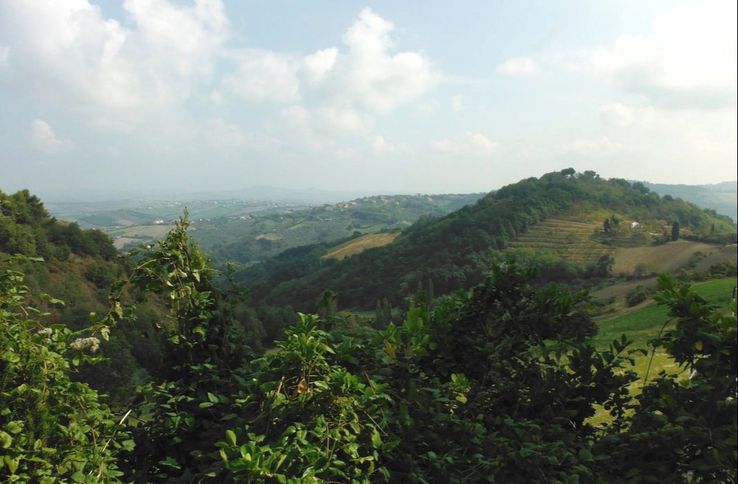 View near Montescudo, in the Province of Rimini, Italy View near Montescudo, in the Province of Rimini, Italy A child is upset – perhaps a scoop of ice cream has fallen out of a cone onto a hot summer sidewalk. We tell her, “go to your happy place” and look for a distraction. My nephew, when he was about four years old, carried a dead beetle around with him for a day or two. This progressively more dilapidated corpse, gradually missing more legs, was his special “friend” who was just “sleeping.” We had all gone grocery shopping together, my nephew and niece, my sister and myself. The “friend” came with us and rode on the children’s seat of the grocery cart, receiving the occasional vivifying poke from my nephew. On our way home, a few blocks away from the grocery store, a wail rose from the back of the van, “My friend, my friend!” The poor bug had been left behind. The flood of tears and heartbreak almost made my sister turn the van around but there was little chance of finding the desiccated little thing in a sea of shopping carts. We carried on home. I can’t remember what eventually helped my nephew get over his grief. Maybe it was ice cream – or, better yet, frozen custard, since we were in the American Midwest. I do remember it was not easy getting him past this. I worried about him – he generally had a very hard time finding his “happy place.” He imagined monsters and zombies into his landscapes, even the spaces between the lines of a parking lot were filled with “dangerous creatures” and we had a time convincing him that we were safe walking through these spaces. His favourite blanket was really a ghost named Henry.
Some of these inner landscapes take on other nuances as life’s complexities overlay the simple happiness originally associated with a place. The cutovers rich with berries were the first of these somewhat shadowed places. Lately, another particular scene keeps appearing in the back of my brain – and it really feels like that, a physical sensation accompanied by warmth, a gentle pressure at the back of my head, pulling me away to another time and place. A hot, sunny summer day, late afternoon judging by the low angle of the sun. I’m on the edge of a plantation of young Jack Pine, none more than ten feet high. I’m standing alone on the sandy track left by the old logging road. The highway is not far away. I can hear an occasional transport rumble by. I feel a strange, existential vertigo in here. The moment has a delicious sensual feel to it. The heat, the soft sand under my feet, the sweet, sweet, warm air rising from the pines and undergrowth – the whole place smells like pine-tinged honey. But I feel a darker undertone here also – a profound aloneness, as if I’ve finally reached some essential core of myself and can’t go any further. This feeling is both scary and compelling at the same time, like the excitement of sitting at the apex of a rollercoaster, a brief awareness of an incredible panorama, and the sense that it will only last a moment. There are two possible directions I can go as I inevitably plunge down and away from this suspension of time – I can go back to my car parked on the highway shoulder and continue driving or I can walk into the endless forest of young pine and disappear – it would be that easy. I’ve realized this isn’t a memory from childhood. When my parents were alive, I would drive regularly up to Geraldton, along Highway 11, past sparkling lakes and through endless boreal forest to visit them. To break up the long drive, I made a point of stopping somewhere along the way at least once on each trip, somewhere I had never stopped before, for a short walk. I think this particular spot was somewhere between Geraldton and Jellicoe. Was it after my father died and my mother was living on her own? I can’t quite remember but it probably was, that sensation of intense solitude feels like the imprint left by grief.
I like that last thought...it was and yet was not the anguish he had felt in Prague. I think it describes perfectly the multiple and often contradictory emotional tones that overlay, or underlie, our inner and outer landscapes. Am I on track with this idea of inner-scapes? What landscapes do you carry with you?
0 Comments
Your comment will be posted after it is approved.
Leave a Reply. |
AuthorI'm Elizabeth Pszczolko, a writer living in the woods outside Thunder Bay, Ontario. As a child, I used to keep scrapbooks of nature stuff - drawings, musings, poems. This is my grown up (I use the term loosely) version of those long lost works. For more on what inspires this blog, please see the About page. Archives
November 2023
|
Proudly powered by Weebly

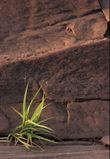
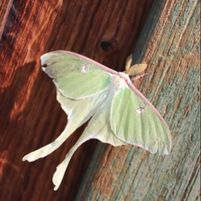
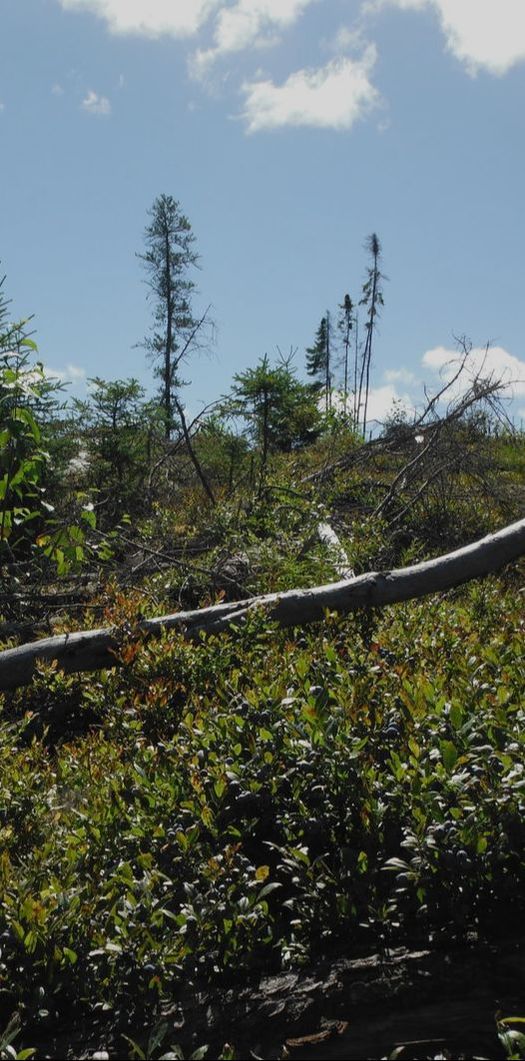
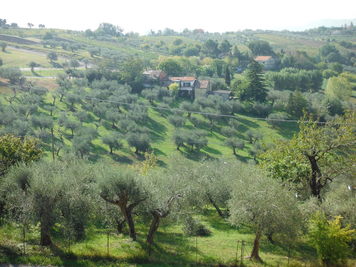
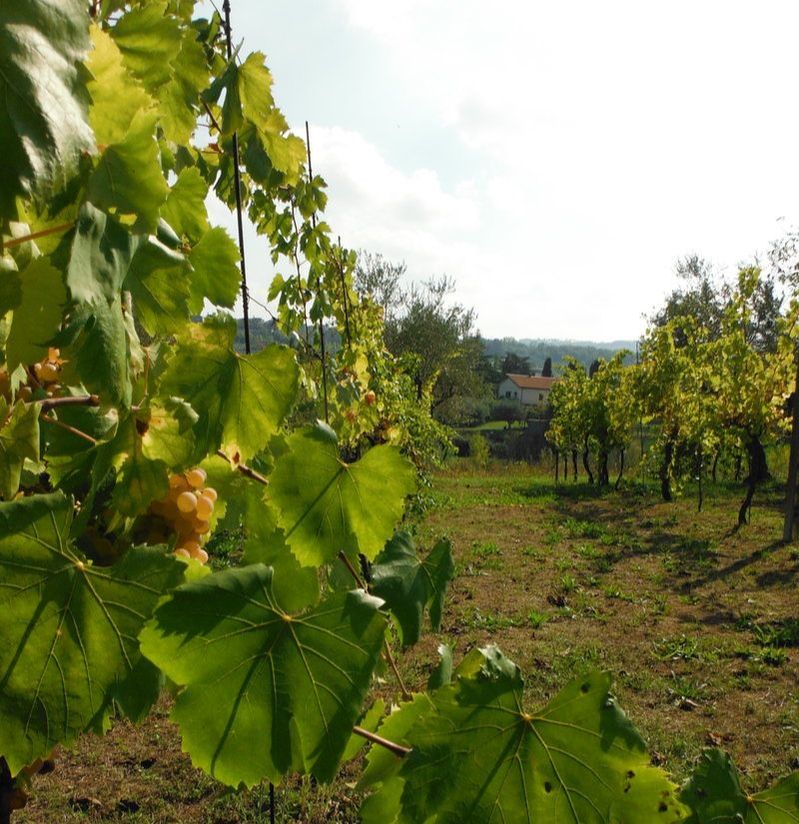
 RSS Feed
RSS Feed